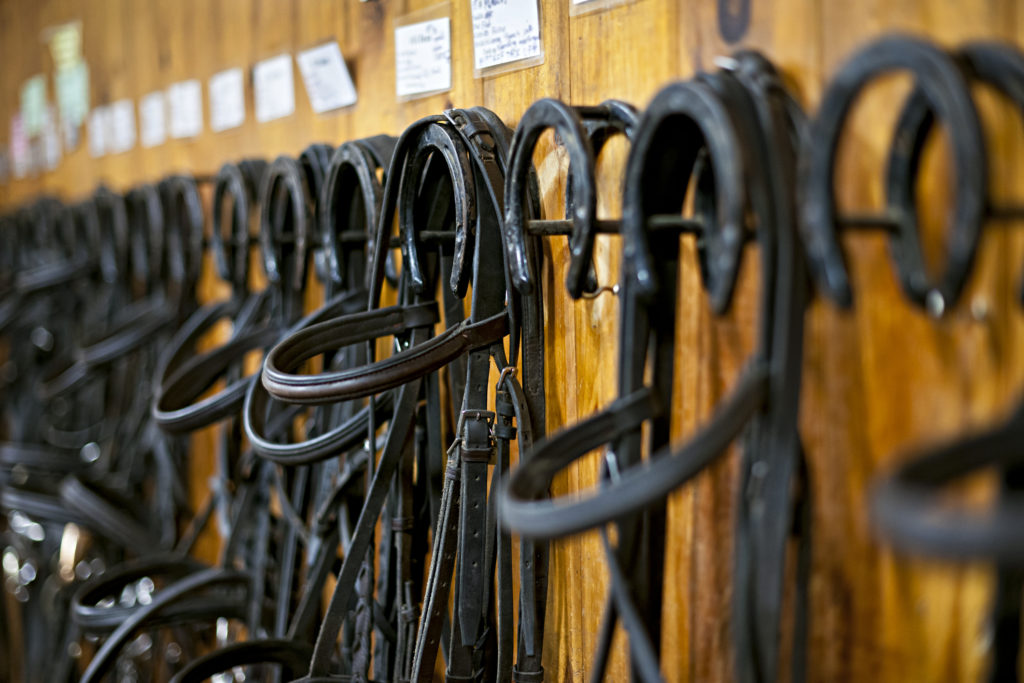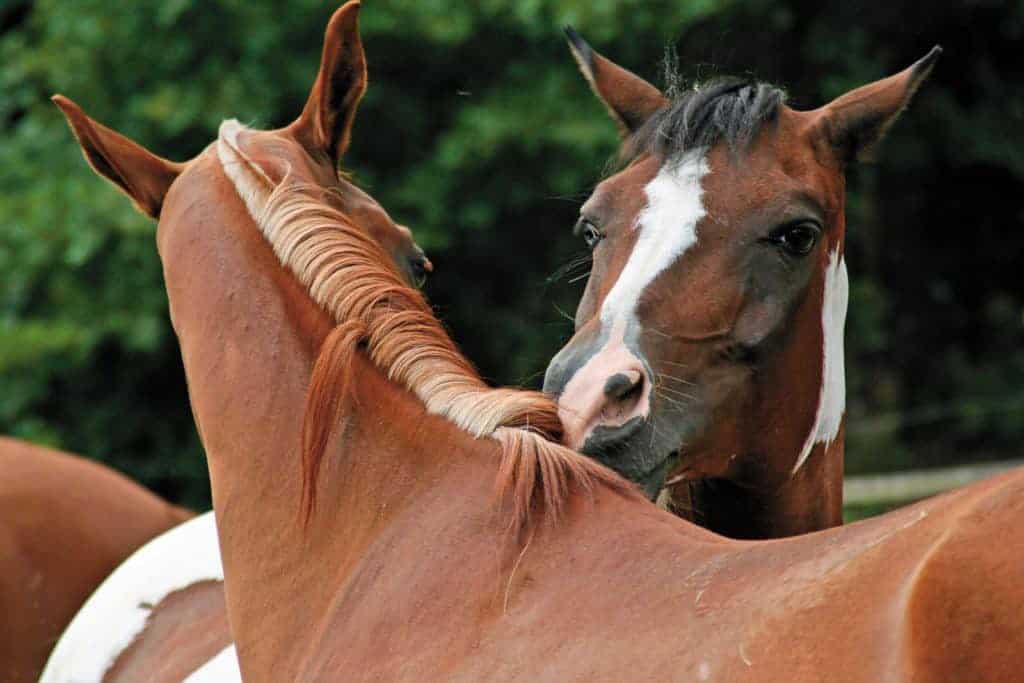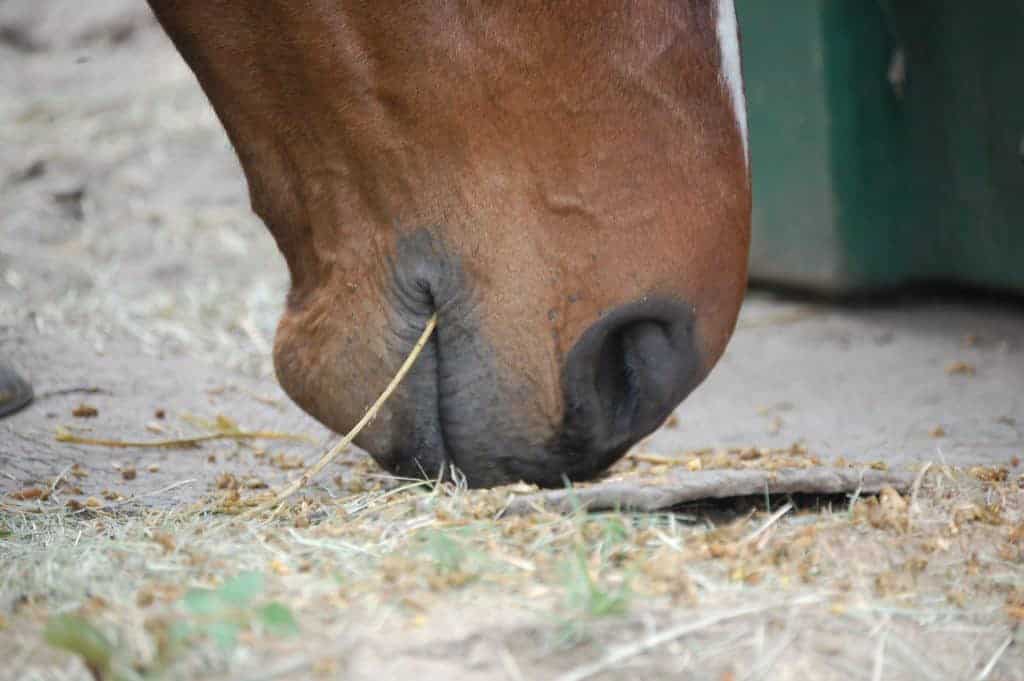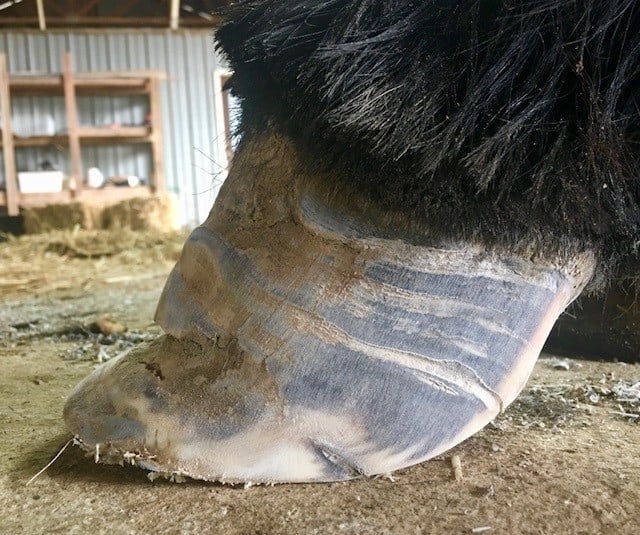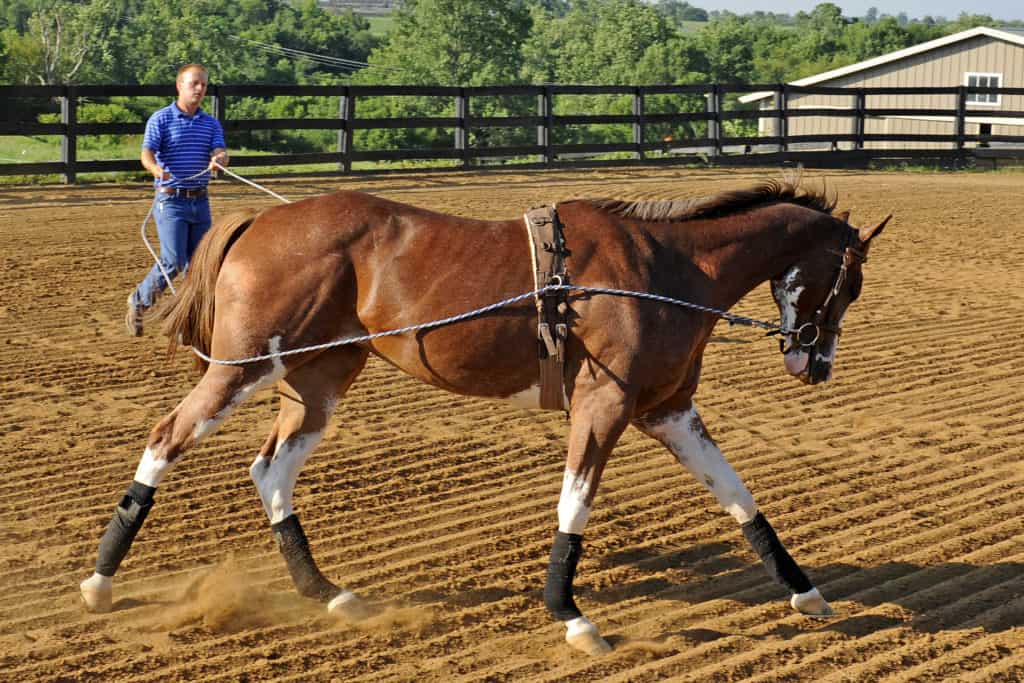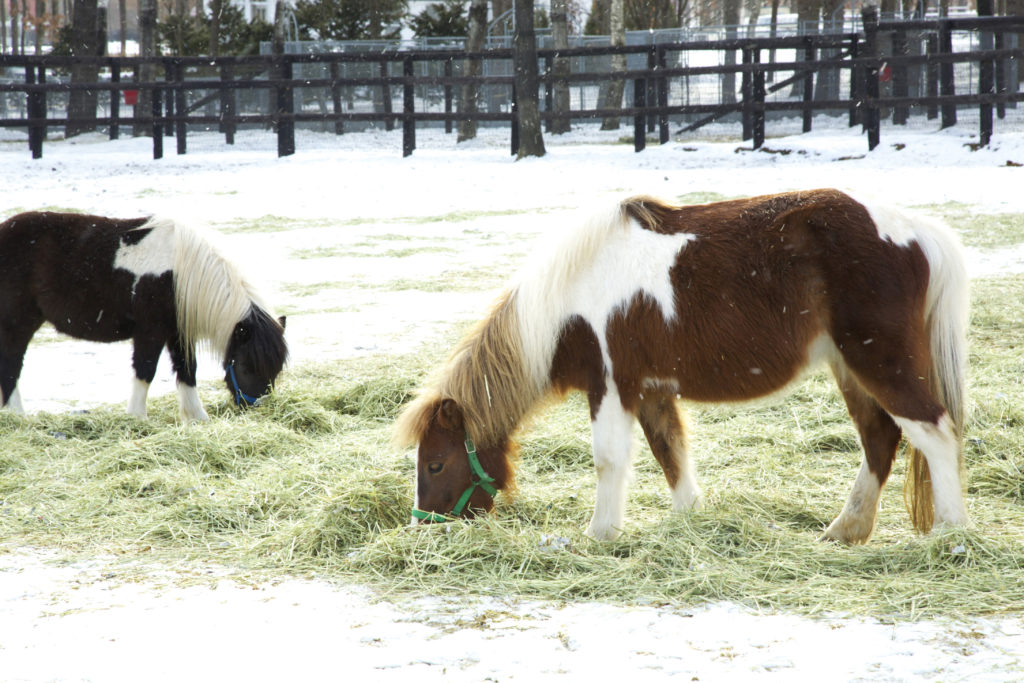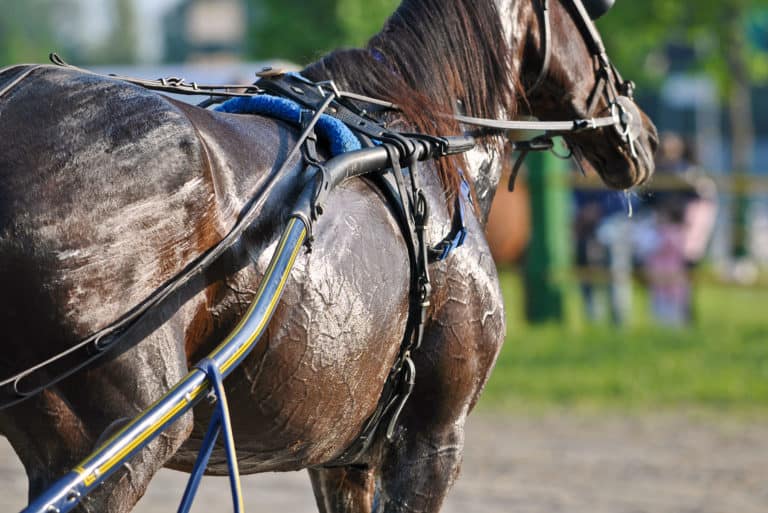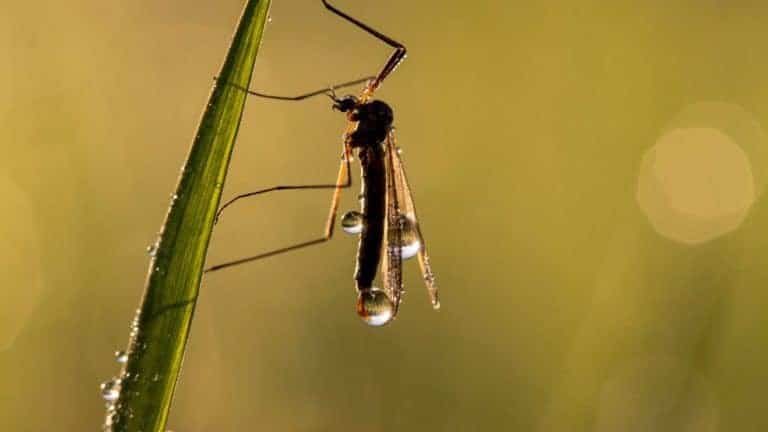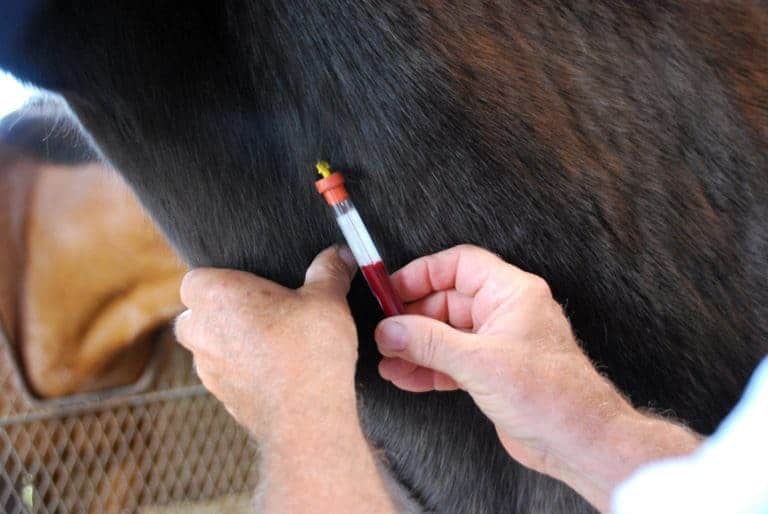
How to Throw a Retirement Party for Your Horse
When 28-year-old Scotty retired from his long-held position as a saintly lesson horse, his owner threw a celebration. Here’s how to honor the special horses in your life when it’s time for them to retire.







